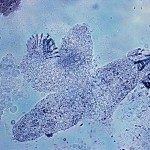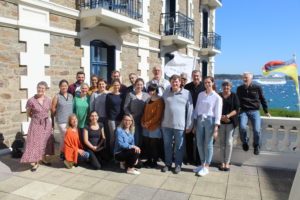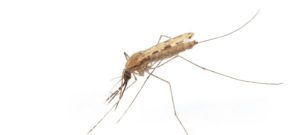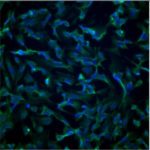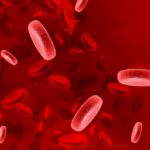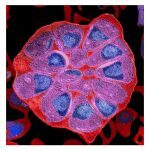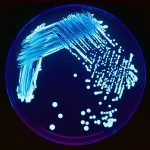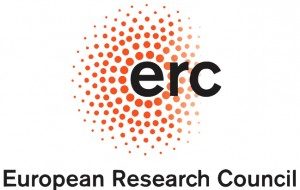The Biology of Host-Parasite Interactions unit (Biologie des interactions hôte-parasite / BIHP) studies the parasite that causes the most serious form of human malaria, Plasmodium falciparum. The research activities of the different groups in the lab are mostly based on the red blood cell stage of Plasmodium falciparum‘s life cycle that is responsible for clinical symptoms.
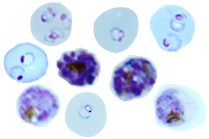
One of our major research interests is the investigation of virulence factors associated with malaria pathogenesis (using a P. berghei model / group of Salah Mécheri) and the molecular basis of immune escape strategies (antigenic variation). These focus areas encompass the transport of virulence factors to the surface of the erythrocyte via specialised trafficking mechanisms. Another line of research is the study of the biological role of nuclear architecture.
Lab retreat in Dinard, October 2019

